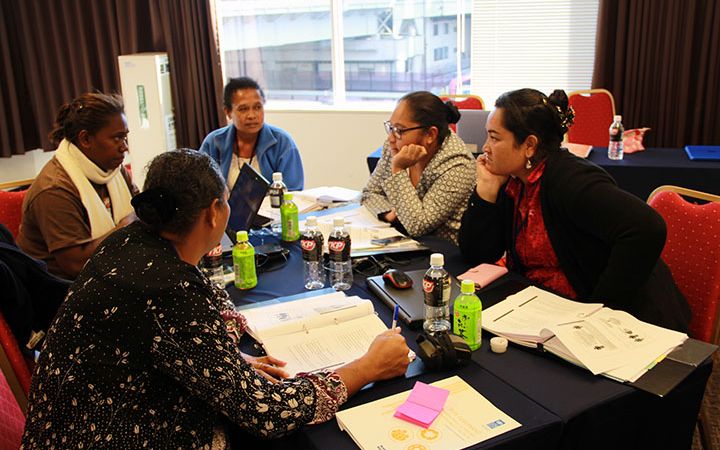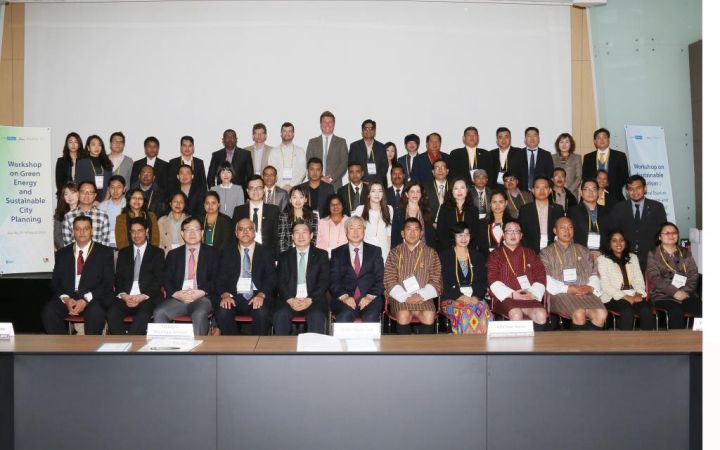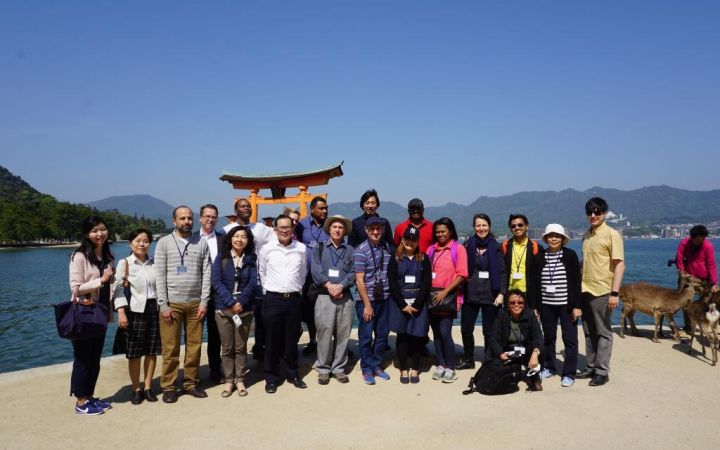Displaying 1471 - 1480 of 2498
24 April 2016, Jeju, Republic of Korea – CIFAL Jeju convened twenty-two government officials (central, state and local), NGO workers and private company representatives from fourteen different countries in the Asia-Pacific region for a four-day workshop on "Green Energy and Sustainable City Planning." CIFAL Jeju, in collaboration with Green Technology Center (GTC), International Electric Vehicle Expo (IEVE) and UNEP International Environmental Technology Centre (IETC), held the event from 21 to 24 March 2016 at International Convention Center Jeju (ICC Jeju).
22 April 2016, Hiroshima, Japan - The UNITAR Hiroshima Office has successfully concluded the 13th annual cycle of its highly regarded training series on the Management and Conservation of World Heritage Sites. Held between 18-22 April, the week-long workshop brought participants from nine countries together to examine the expectations and requirements needed to effectively prepare a World Heritage nomination, with a particular focus on the justification for inscription.




